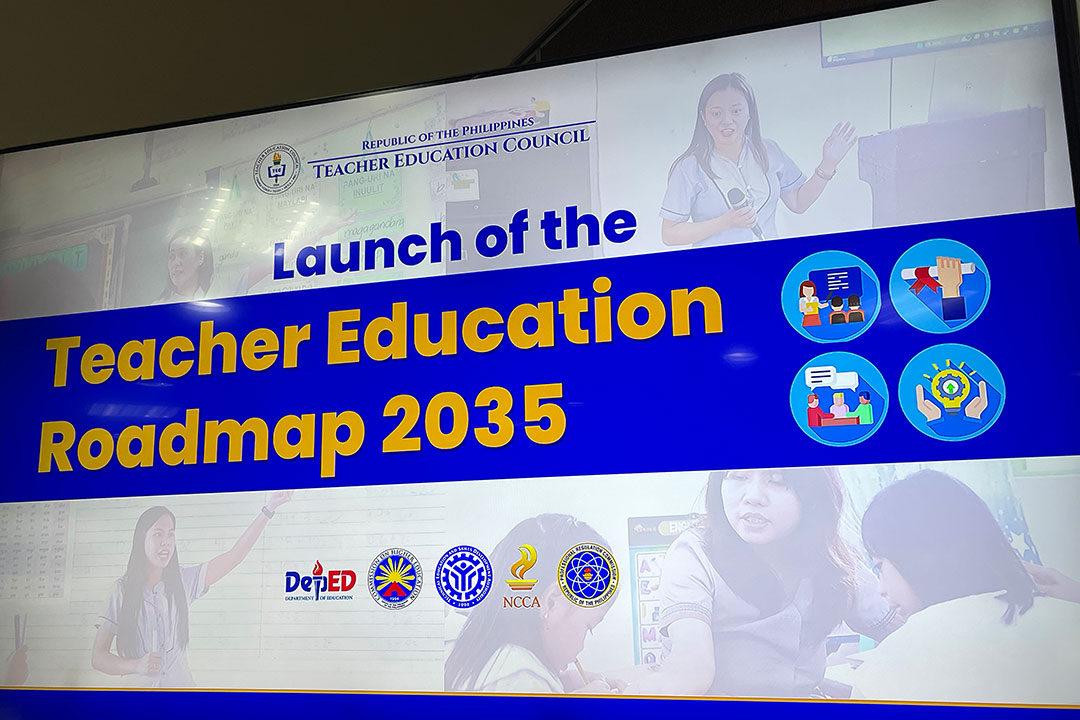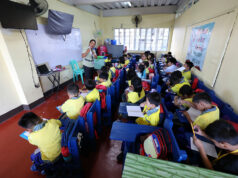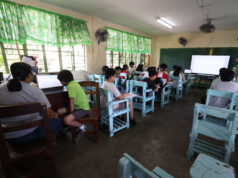
The Teacher Education Council (TEC) launched a ten-year teacher education roadmap on Thursday, which includes policy recommendations addressing the specialization and assignment mismatches among educators.
“The intention of this is to establish the right and clear direction for the country, specifically, the path we will take in teacher education,” TEC Office of the Secretariat Executive Director V Jennie V. Jocson told BusinessWorld in an interview.
“This includes the pathway of our teachers from pre-service and in-service all the way to their career progression,” she added.
To help address one of the challenges faced by Filipino teachers, the roadmap aims to “reshape and reframe” the specializations of educators who experience misalignment with their expertise.
“For example, the teacher has a bachelor’s degree specializing in English but has been teaching other subjects; she must be redirected to a new specialization,” Ms. Jocson told reporters.
A study by the Philippine Institute for Development Studies (PIDS) revealed that only 25% of teachers in the country are teaching subjects aligned fully with their academic background. Meanwhile, 32% are “partially matched” to teach specialized and non-specialized subjects.
The study also underscored that 43% of teachers are assigned to teach subjects despite lacking formal training or credentials.
A separate report by the Second Congressional Commission on Education (EDCOM 2) noted that the teacher-subject mismatch remains widespread in the country, with 62% of public high school teachers assigned to teach beyond their area of expertise.
The Department of Education’s (DepEd) hiring policy, which prioritizes teacher availability over subject-matter proficiency, caused the longstanding issue, according to the commission.
The four pillars of the decade-long plan target to further promote the teaching profession, strengthen pre-service education, invest in the career progression of teachers, and broaden the impact of teacher education. Through the roadmap, the council seeks to create a collaborative effort in addressing the challenges faced by teachers.
“Some government programs operate in silos with no communication, no clear direction, and no cohesive leadership,” she said. “What we’re hoping with this roadmap is that, through the leadership of the Teacher Education Council, there will be open dialogue and meaningful discussions on teacher education programs.” — Almira Louise S. Martinez



